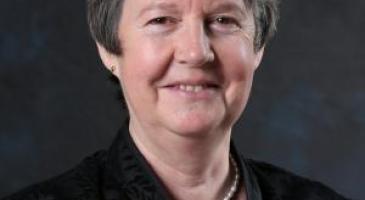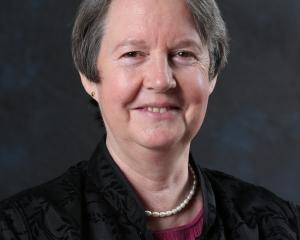Exposure to glyphosate — the world’s most widely used, broad-spectrum herbicide and the primary ingredient in the weedkiller Roundup — increases the risk of some cancers by more than 40 percent, according to new research from the University of Washington. “Our analysis focused on providing the best possible answer to the question of whether or not glyphosate is carcinogenic,” said senior author Lianne Sheppard, a professor in the UW departments of Environmental & Occupational Health Sciences and Biostatistics. “As a result of this research, I am even more convinced that it is.”
In the News


Study says evidence ‘supports link’ between exposure to glyphosate and increased risk. “This paper makes a stronger case than previous meta-analyses that there is evidence of an increased risk of NHL due to glyphosate exposure,” said co-author Lianne Sheppard, a professor in the Environmental and Occupational Health Sciences department at the University of Washington. “From a population health point of view there are some real concerns.”
Co-author, Professor Lianne Sheppard from the University of Washington, said: 'This paper makes a stronger case than previous meta-analyses that there is evidence of an increased risk of NHL due to glyphosate exposure.


Glyphosate Exposure Increases Cancer Risk Up to 41%, Study Finds


A team of researchers that included UW Biostatistics Professor Jon Wakefield presented discrete time-space estimates of the under-five mortality rate in 262 regions in Africa.


“You could say it was a Denisovan cave, and the Neanderthals just visited for a while,” says Sharon Browning, a biostatistician at the University of Washington, Seattle, who has worked on Denisovan remains but wasn’t involved with either new study. “Though the Neanderthal occupation appears to have extended for tens of thousands of years, so it was a long visit.”


UW Biostatistics Research Professor Sharon Browning is quoted in reference to two papers published today that present an updated timeline for the occupation of Denisova cave by Neanderthals and Denisovans.


Fred Hutch researchers Ruth Etzioni, last year’s Prentice Professor and current affiliate professor of biostatistics and health services, and UW graduate Joseph Unger (MS Biostat ‘93, PhD Health Services ‘13) weigh in on a milestone report from the American Cancer Society.

